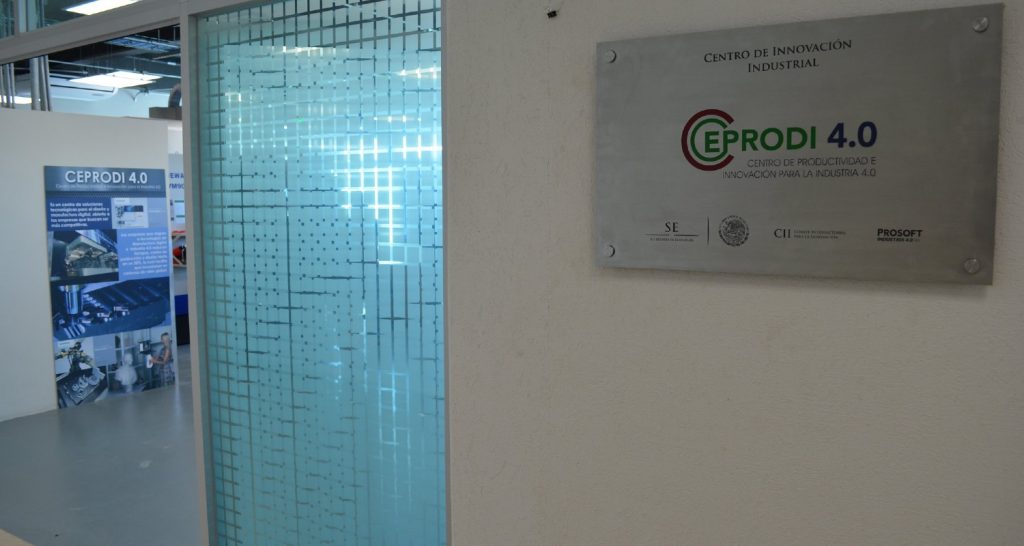This new center will be headquartered in the facilities of the Technological Studies of Coacalco (Tesco).
In a virtual forum, they launched the new Center for Productivity and Innovation for Industry 4.0 (Ceprodi 4.0) headquarters of the State of Mexico, whose investment was 14.5 million pesos.
Enrique González Hernández, Director of Industry of the Ministry of Economic Development of the State of Mexico, said that this center will be the spearhead of Industry 4.0 in the entity, and thanked the support of the Mexico United States Science Foundation (FUMEC) for leading this project.
Due to the COVID-19 pandemic, the opening of Ceprodi 4.0 was delayed. However, throughout August, the search will begin for companies wishing to implement Industry 4.0 projects as well as companies that want to train their engineers and technicians in digital technologies.
Half of the resources were contributed by the Ministry of Economy through its Prosoft program, and another 50% by the government of the State of Mexico and the companies that are founding partners of the center: Far Plastics, Raisa and Modern Precision.
Of the total resources, 80% were for equipment, 10% will be for training activities, and the remaining 10% will go towards supporting projects of companies interested in implementing Industry 4.0 technologies with funding of up to 70% of the total.
Guillermina Avendaño, coordinator of Industry 4.0 of FUMEC and project leader of Ceprodi 4.0, explained that this is the second center of its kind that starts activities, since the first was Ceprodi 4.0 in Querétaro and that before the close of this year, it is planned to open Ceprodi 4.0, Morelos headquarters.
The specialist explained while these centers will be available to all companies interested in new technologies, the truth is that each Ceprodi is focused on serving the vocation of the states as in the case of Querétaro, where the aerospace, automotive, and appliance industries predominate.
In the case of the State of Mexico, the focus will be on the plastics, automotive, and logistics sectors. In Morelos, the main vocation will be towards agribusiness.
The services offered by Ceprodi 4.0 is to make available to Tesco companies and students the equipment with the account, such as high-precision 3D scanners, 3D printers, professional software licenses for 3D modeling and simulation, and robotic laser cutting and welding cell, among others.
“Companies will be able to use the equipment whenever they want, including for training their own plant engineers, and those trainings and course costs are going to be virtually symbolic,” said Guillermina Avendaño.
In addition, Industry 4.0 courses will have lessons for managers and technical courses for plant operators. Companies that request it will be consulting to prepare and accompany them in their transition to adoption of digital technologies.





